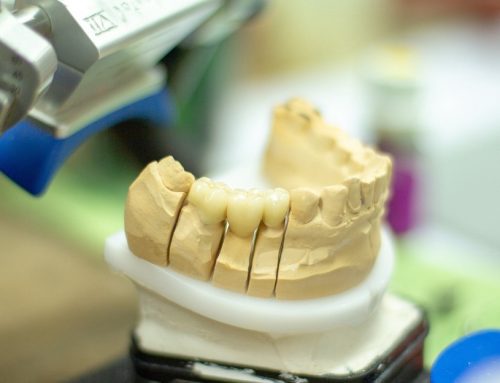Once upon a time, if you had diabetes, your treatment would have included horseback riding.
This was indeed one of the diabetes recommendations in the past. Before insulin was discovered, and before all the scientific research in the recent century, treating diabetes included many things: from starvation to overeating, from milk to rancid meats, from herbs to opium. Yes, some of them were not pleasant, or safe, or effective.
History of Diabetes Treatment
A quick look at the history of diabetes treatment shows in the middle of all these random treatments, diet was prominent. Even with the first mention of a diabetes-like condition 3,000 years ago in an Egyptian papyrus, the recommendation was a diet of wheat grains, berries, grapes and honey. In the fifth century, diabetes was observed more in wealthy people so it was implied that eating a lot and being less active was linked to the disease. Eating less and exercise in the form of horseback riding was recommended.
In the 1700s, a low-carbohydrate diet high in fat and animal protein was proposed, and low-carb and low-calorie diets became the way to go for the next 150 years.
By the 1900s, different food restrictions plus substances were the plans. The recommendations for what was their version of fad diets back then included a milk-and-carb diet, rancid animal food, or a no-carbohydrate diet. The substances included fenugreek, tobacco, wine, or opium.
The discovery of insulin and discovery of carbohydrates as the main factor in blood glucose changed how diabetes is managed. Low carbohydrate diets were the focus from 1920s to 1960s. Emphasis on fiber and low fat were added in the 1970s and healthy eating was recommended from the 1980s onwards.
Current Diabetes Plans
Today, diabetes treatment is made easier by medications, but diet remains an important factor. In fact, because recent research has found significant links associated with diabetics being obese that in turn leads to more health complications, diet become even more vital.
There are now diabetes weight management programs that aim to manage both blood sugar and weight. The medications being prescribed more recently even aim to help with diet by controlling cravings and hunger signals. With these programs now being used more, it has been easier for some people to get results through:
Professional Recommendations
Diabetes is not simple and you need professionals who specialize in diabetes management to help you. Because diet is important, a nutritionist or dietitian is always a good source of guidance. A diabetes program can coordinate the efforts of a professional care team so people who know your background can help you create the best nutrition plan for your specific needs.
Healthy Eating Habits
Instead of the dietary restrictions that rely on deprivation and starvation, the current diet recommendations focus on nutrition and healthy eating patterns. Medications help curb cravings and unhealthy eating. Strict calorie counting is replaced by prioritizing nutrients and portion control. Because of this, a healthier relationship with food is achieved.
Overall Healthy Lifestyle
Other aspects of healthy living accompany current diabetes diet plans. In fact, because it is easier to control blood sugar and lose weight, it is easier to start being active and keep being active. The boost in self-confidence from seeing results can also promote mental health which can also help you to enjoy good diet and exercise.
Simple Tools
Making dietary choices every day used to be so overwhelming. With doctor-led programs and recommendations, there is no more guesswork. Recommendations on what to eat are already there, with tools like food lists and trackers to help in planning, so even tasks like picking and preparing healthy meals are made simpler.
Support and Motivation
Last but not the least, current nutrition programs go one step further by having supportive connections and information accessible. Many studies have found that a good support system helps promote self-care in diabetes. You get educational support in terms of counseling sessions, behavioral support through the reminders and trackers available, and psychological support from people who are on the same health journey as you.








Leave A Comment